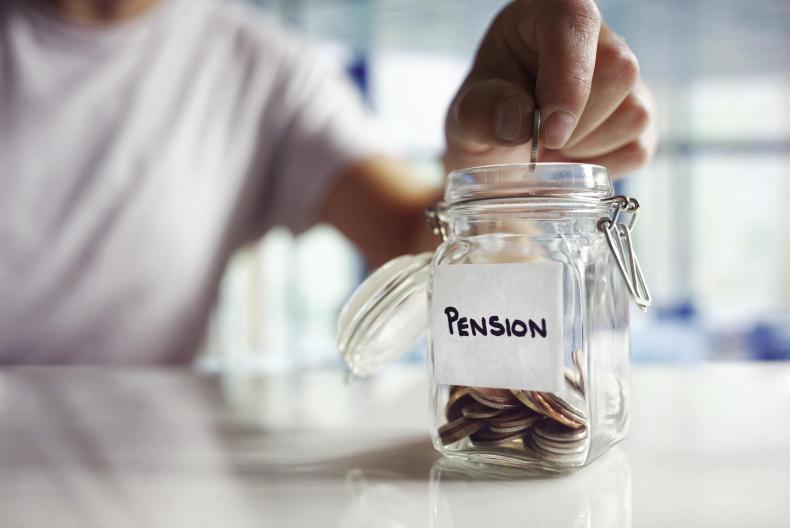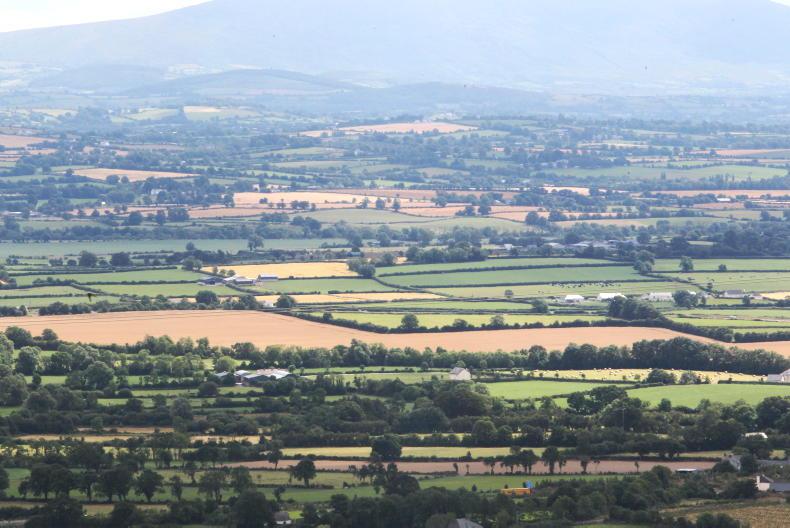During our 2019 Women & Agriculture Conference, we polled more than 600 delegates on issues involving farm succession, inheritance and family conflict. We also asked our delegates about pensions – specifically, if they had a pension plan in place for when they retired. The response to this was positive, with 71% of attendees saying yes. However; that left 29% of delegates who had no plan for their future.
Old-age pensions are crucial to providing financial independence and security throughout retirement.
Register your partnership now if you are working alongside your spouse on the farm
Currently, the age of retirement is 66 (which is when pension payments begin), but there are plans for the age of retirement to be extended to 67 in 2021 and 68 by 2028 (in accordance with The Social Welfare and Pensions Act of 2011). PRSI consultant Brendan Casey says you should start thinking about your pension in as early as your thirties.
“Register your partnership now if you are working alongside your spouse on the farm,” he says. “If you feel you were running the business with your partner before you were registered, you can get the Scope Section to run a retrospective check – but give them a date where you feel the (business) partnership began.”
Now, if you’re doing the same tasks or similar tasks as the sole trader (your spouse), you can pay into PRSI
Thanks to amendments made to the pension programme, wives of farmers (who are doing an equal amount of work) are not PRSI exempt. There are other family members who are – for example, a child working on their father’s farm does not need to pay into PRSI – but spouses should be registered and making contributions if they are working within the family business.
“As of the 1 January 2014, social welfare regulations changed,” says Brendan. “Before, if you were working with your spouse you didn’t pay PRSI. Now, if you’re doing the same tasks or similar tasks as the sole trader (your spouse), you can pay into PRSI.”
The upside
Some good news: if you have ever been registered in the PRSI system and have since been home raising your children, you have been accumulating PRSI contributions. If you were working and making contributions prior to having children, you will still have a number PRSI contributions to your name. The tricky bit, for many women, comes after their youngest child reaches the maximum age (12) and they continue to work as a full-time parent instead of re-entering the traditional workforce.
During this period, women at home do not build up enough contributions to claim a full pension. When they reach a certain age, they quickly realise they either have not made enough PRSI contributions and won’t have time to make them up, or they will have to quickly re-enter the workforce in order to make enough contributions to receive a decent pension. Brendan says this is why it is essential to start planning as soon as possible.
“If you don’t go back to work (once your youngest child reaches the age of 12), you need to ensure you’re paying enough PRSI to accumulate enough (contributions) for an old-age pension,” he says. “You need a certain amount of weeks paid up (in employment) to accumulate enough for a full pension. Ten years of PRSI paid is the minimum first condition for qualifying.”
If your spouse or civil partner has been making PRSI contributions for themselves, but not for you, and you feel that the work you have done within the family business should be recognised, you can have this formally assessed by the Scope Section of Social Services. This is done on a case-by-case basis and will include a home visit to assess your individual situation. The Scope Section will be looking into your role within the business and how much legitimate work you do.
“You need an accountant to check this out in advance because there might be a hefty PRSI underpayment bill,” Brendan warns. “Before 1999, there was a cap on the PRSI that a single person paid and if they got to the cap, they didn’t pay any more. (After the Scope assessment), when you take that amount your spouse paid in and divide it by two, you may have a situation where both incomes (now including yours) are below the cap, causing a subsequent underpayment of PRSI.”
If you have concerns about your pension, you can go online to pensionauthority.ie and use their pension calculator (by inputting your age, annual salary and intended age of retirement), which will give you an indication of your current position.
If you feel you are in an urgent situation, log in to mygovid.ie (or create an account) and print off a copy of your tax record. Bring this record in to a registered accountant, who will go over your options with you.









SHARING OPTIONS